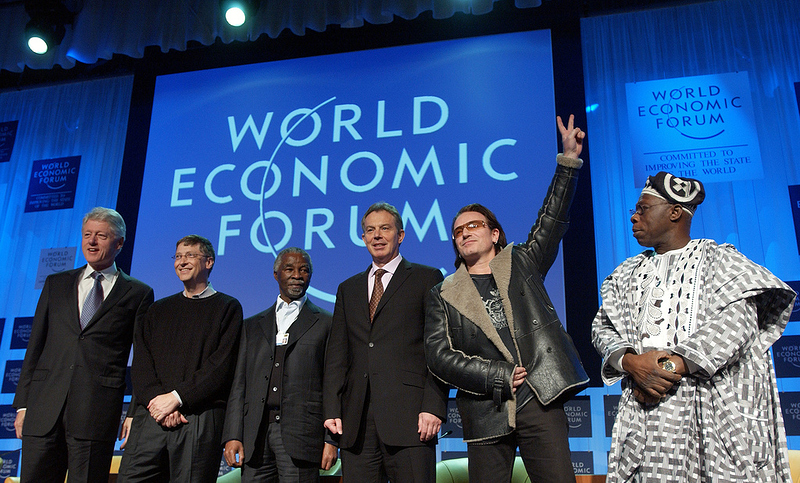In The Nation, Atossa Araxia Abrahamian traces the history of economic inequality as a political issue in the US, from the time it was a niche interest up to its pervasive presence in political discourse today. She also investigates the foundations, intellectuals, and even billionaires who have made inequality their cause célèbre. While some genuinely care about building an egalitarian society, others are just worried about staving off revolt. Here’s an excerpt:
The new conversation around inequality marks an important break in how we think about economic growth. But it is also a complex, evolving, and multifaceted discussion. In the shuffle of income-distribution curves, fiscal policy, and Gini scores (a popular measure of economic disparities), the idea of egalitarianism as a moral imperative tends to get buried by more instrumental aims—particularly when the institutions and individuals who are hosting and paying for these discussions on gaping inequality owe their very existence to it.
Though the policies this research feeds aren’t necessarily egalitarian, some of the solutions that have been proposed—higher taxes on the rich, better social-welfare programs—are generally progressive. Still, given the surge of populist rhetoric in contemporary politics, it’s worth wondering how inequality will end up figuring into politics five, 10, or 20 years down the line—and who will profit by it. We are seeing the emergence of a way of thinking about inequality that many rich people can get behind, one that appeals to those who have no interest in advancing equality on moral grounds. But this raises an important question: Are the new inequality activists interested in achieving equality, or just fighting inequality?
Image: The World Economic Forum in Davos, Switzerland, 2005. Via Flikr.
